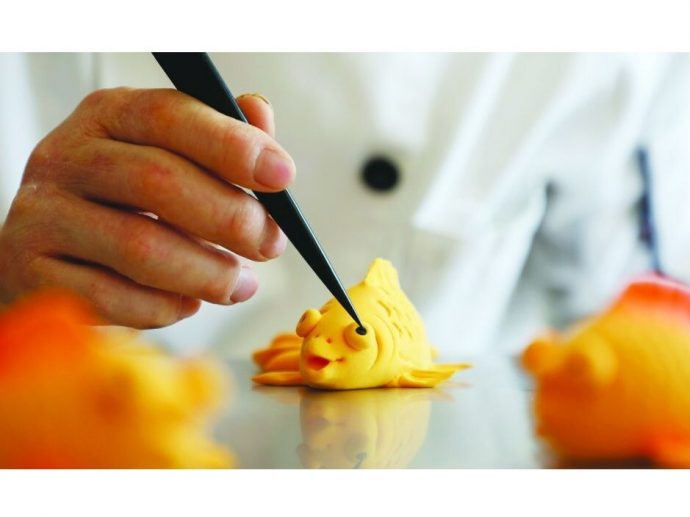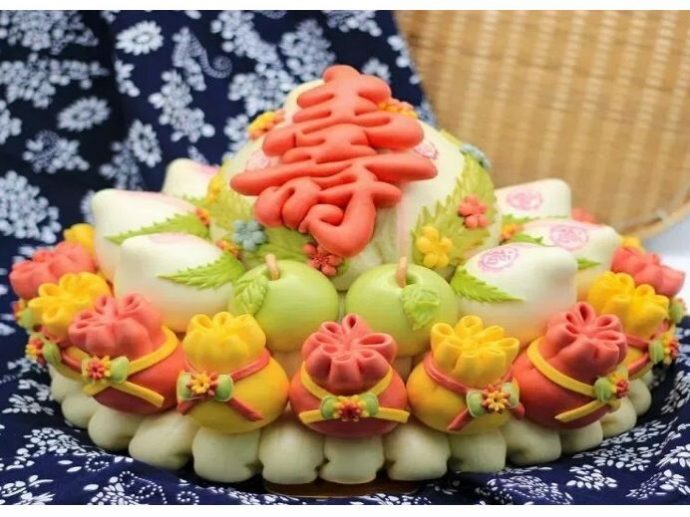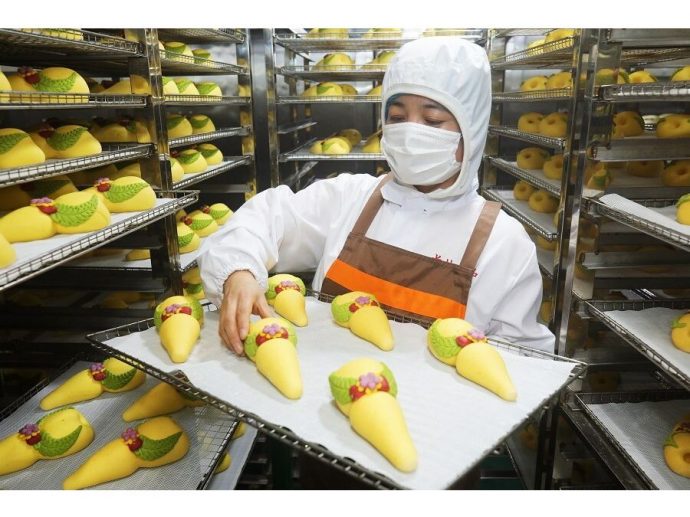Categories more
- Adventures (17)
- Arts / Collectables (15)
- Automotive (37)
- Aviation (11)
- Bath, Body, & Health (77)
- Children (6)
- Cigars / Spirits (32)
- Cuisine (16)
- Design/Architecture (22)
- Electronics (13)
- Entertainment (4)
- Event Planning (5)
- Fashion (46)
- Finance (9)
- Gifts / Misc (6)
- Home Decor (45)
- Jewelry (41)
- Pets (3)
- Philanthropy (1)
- Real Estate (16)
- Services (23)
- Sports / Golf (14)
- Vacation / Travel (60)
- Watches / Pens (15)
- Wines / Vines (24)
- Yachting / Boating (17)
Published
03/04/2023 by Xinhua Silk RoadWendeng huabobo, a type of flower-shaped steamed buns produced in Wendeng district, Weihai, a city in east China's Shandong Province, has become popular in both domestic and overseas markets.
Nurtured as a local custom with the unique regional culture in Wendeng, huabobo is eaten on special occasions such as traditional festivals and celebrations to express people's blessings and best wishes.
Recently, during a live-streaming on Chinese short-video platform Douyin, more than 10,000 orders of Wendeng huabobo were made within two minutes. Wendeng huabobo has also been sold to the Republic of Korea and other countries, welcomed both by Chinese and foreign consumers.
After hundreds of years of inheritance, Wendeng huabobo boasts beautiful shapes. It can be made in the shape of an animal or a flower, and can be eaten and appreciated.
In 2009, Wendeng huabobo was listed as an intangible cultural heritage of Shandong Province. Nowadays, it has also become a featured industry locally, with a total industrial output value of 300 million yuan and creating jobs for a large number of rural women.
Making Wendeng huabobo needs special craft. "To make a shape, you need to choose different tools according to the situation. For example, (to make huabobo in the shape of) this smaller goldfish, a small poking knife is in need to make the gill and scales", said Lin Rongtao, an inheritor of the huabobo folk custom and also the design director of a local food technology company.
To promote the sustainable development of Wendeng huabobo, the district has also introduced investment to construct the huabobo cultural and creative industry base, setting up a production refrigeration workshop, a huabobo inheritor studio, and a cultural and creative experience center, etc.

















